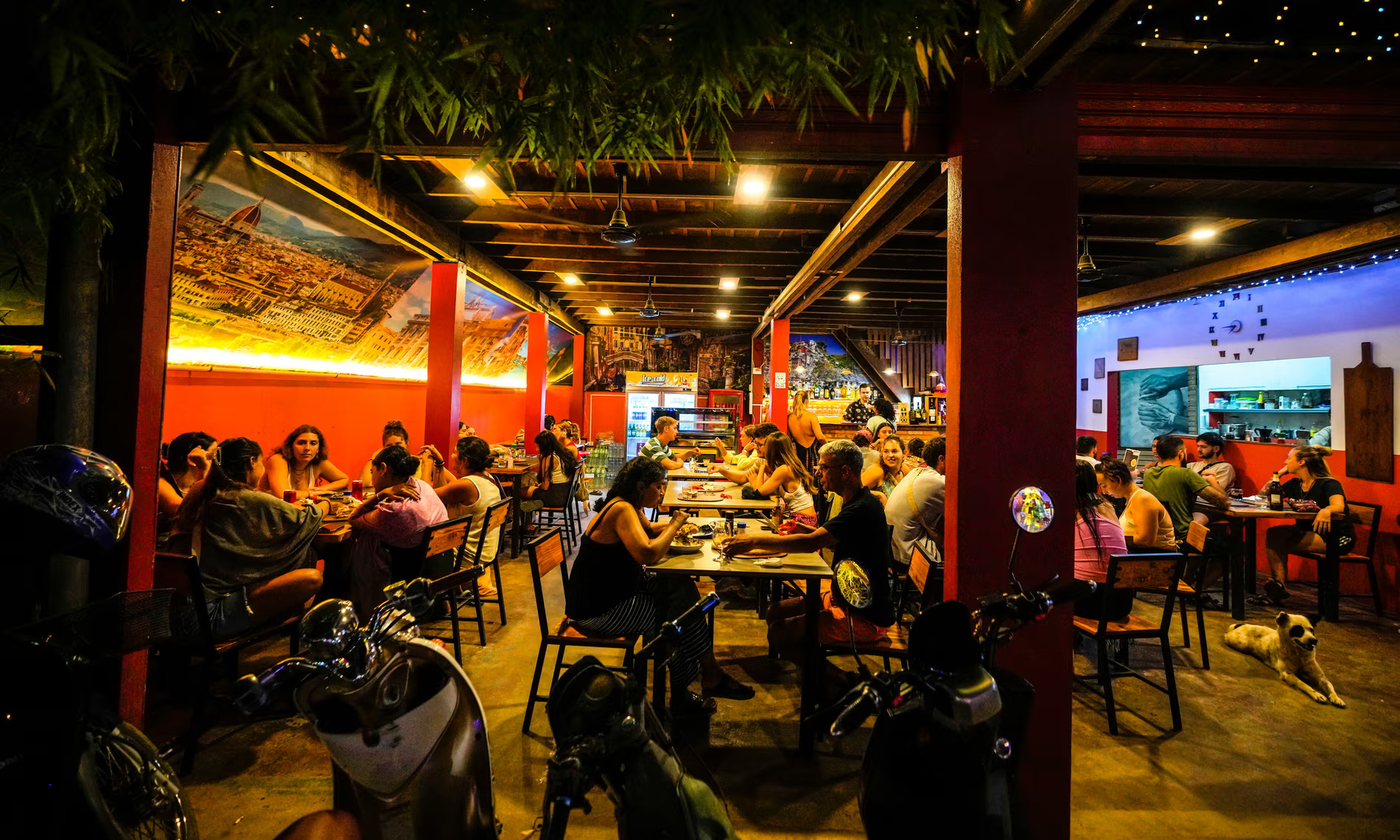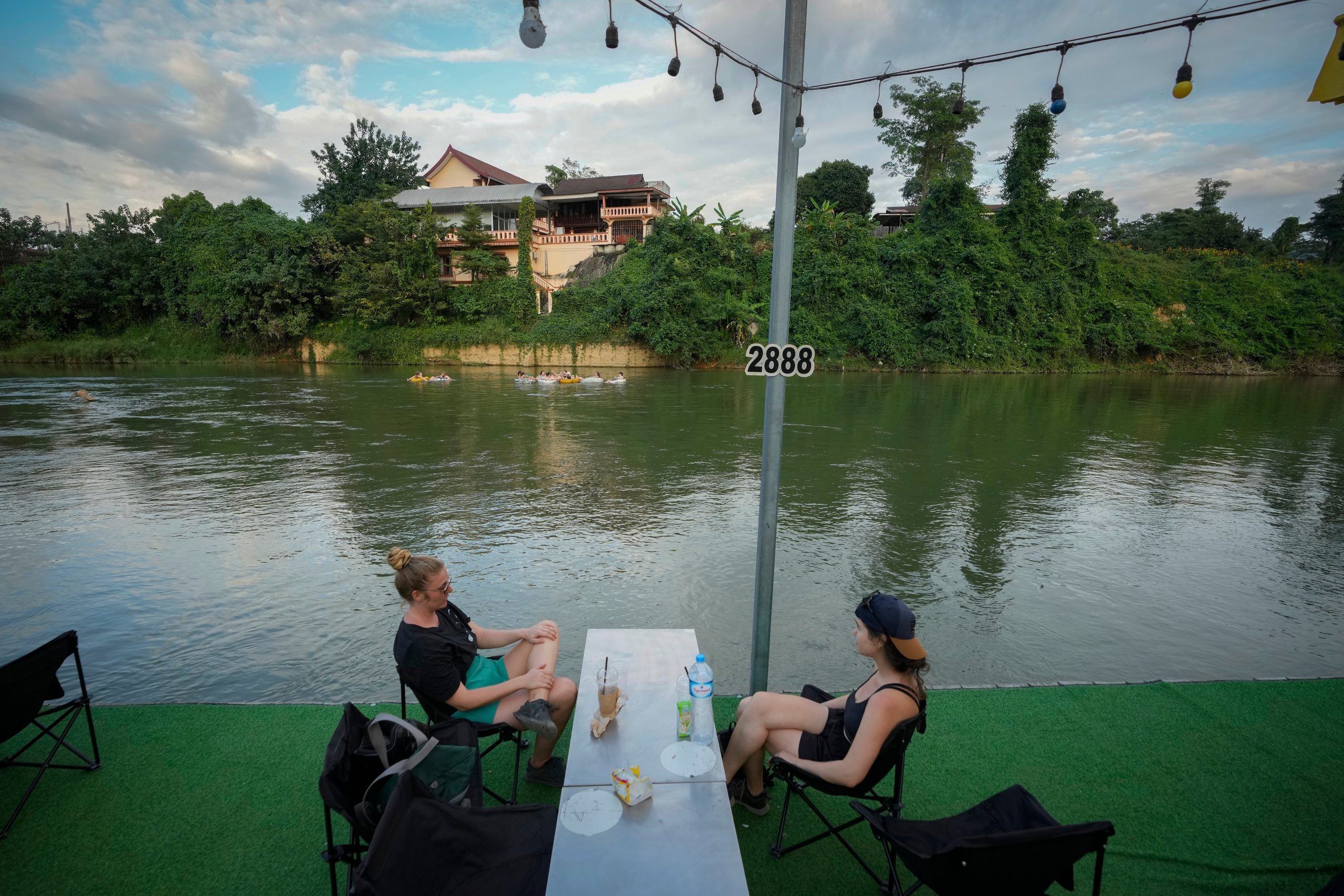Vang Vieng, a picturesque town in central Laos surrounded by limestone mountains and caves, has gained a reputation as an unlikely party hub. Once a quiet farming community, it became a hotspot for young backpackers in the early 2000s, drawn by its lively tubing scene and affordable alcohol. However, this reputation has come under scrutiny following a series of tragic incidents, including multiple deaths attributed to methanol poisoning, highlighting the darker side of the town’s tourism-driven economy.
Recent deaths have shaken the global backpacker community, with six young tourists, including Australians Holly Bowles and Bianca Jones, dying from suspected methanol poisoning. The victims had consumed drinks at bars and hostels in Vang Vieng, including the Nana Backpacker Hostel, which is now under investigation. Their deaths, along with those of other victims from Britain, Denmark, and the United States, have prompted questions about the safety of alcohol in the region and a renewed focus on the dangers of unregulated liquor.
The risks of consuming illicit alcohol in Southeast Asia are well-documented, as methanol is often used as a cheaper alternative to ethanol in bootleg liquor production. Even a small amount of methanol can be lethal, causing symptoms like weakness, vision loss, and brain swelling. Experts warn that methanol poisoning is a widespread problem in the region, exacerbated by a lack of regulation and enforcement. Despite crackdowns and warnings, these incidents continue to occur, posing significant risks to both locals and tourists.

Vang Vieng’s Party Scene Under Fire as Methanol Poisoning Claims Tourist Lives
The impact of these tragedies extends beyond individual lives lost, as grieving families and international authorities call for accountability and preventive measures. Statements from affected families emphasize the need for thorough investigations, while public health experts urge travelers to exercise caution with local and unverified alcoholic beverages. Governments have also highlighted the prevalence of methanol poisoning, urging young people to educate themselves about the dangers of unregulated alcohol consumption.
Efforts to address the issue include medical interventions and public awareness campaigns. Médecins Sans Frontières (MSF) and other organizations emphasize the importance of timely diagnosis and treatment, which can significantly improve survival rates.
Treatments for methanol poisoning include ethanol and fomepizole, but preventing exposure remains the most effective strategy. Experts recommend avoiding unlicensed alcohol and prioritizing safety over cost, especially in regions with a high prevalence of methanol-related incidents.
Despite the focus on tourist deaths, methanol poisoning primarily affects local populations, often targeting vulnerable breadwinners in impoverished communities. These tragedies underscore the broader socio-economic issues tied to unregulated alcohol production in Southeast Asia. Experts suggest that the recent high-profile cases in Vang Vieng are merely the “tip of the iceberg,” urging a comprehensive approach to address the root causes and prevent further harm to both travelers and locals.











































